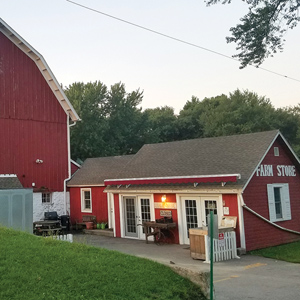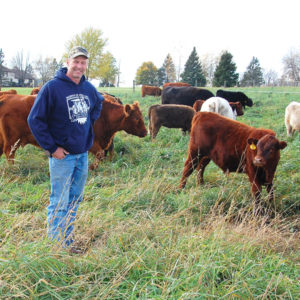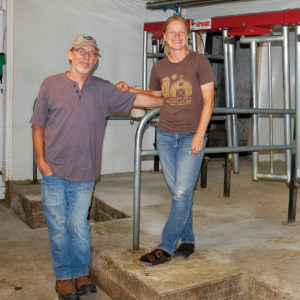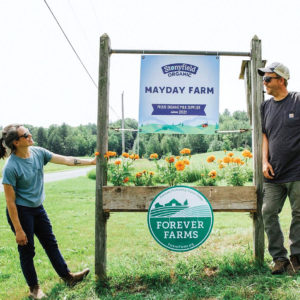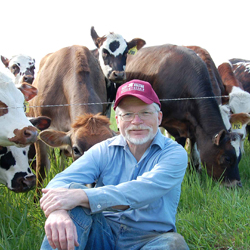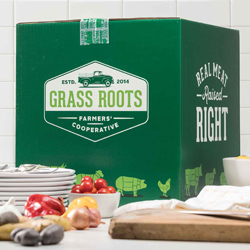By Cliff McConville and Anna Lipinska
Opening our on-farm store in May 2016 was one of the best things we have done to grow our farm business and stabilize our customer base.
After starting our grass-based farm in 2011, initially we were taking only online orders for grassfed beef and pasture-fed broilers, eggs and pork, with pickup appointments scheduled at our house in northwest suburban Chicago.
In spring 2012 we started offering raw milk through a herdshare program, with customers picking up their shares from the barn refrigerator on assigned days. Soon we began leaving eggs, yogurt, honey and meat orders in the barn fridge for herdshare customers on an honor system.
Continue reading “A store added much to our farm sales efforts”
